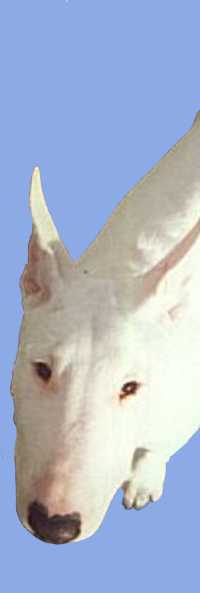 That’s Not What They Meant By “Scooby-Snacks”
That’s Not What They Meant By “Scooby-Snacks”
By Kirsten Hawkins
Why do dogs eat feces?
“I don’t eat any animal that hasn’t got sense to disregard his own feces.”
“A dog eats his feces.”
“I don’t eat dog either.”
“But would you consider a dog to be a ‘filthy animal?’”
“I don’t know if I’d call a dog ‘filthy,’ but they’re definitely dirty. But a dog’s got personality. Personality goes a long way.”
“So, by that reasoning, if a pig had a better personality, he’d cease to be a filthy animal?”
“That’d have to be one charming pig. He’d have to be ten times as charming as that Arnold on ‘Green Acres.’”
- Pulp Fiction
For reasons that are still fairly unknown to veterinarians and scientists, some dogs seem unable to resist the tasty treat of their own or another animal’s feces. Amongst a group of dogs a decent sized lump of excrement is less safe than an errant Twinkie at an Overeater’s Anonymous meeting. If dogs ran the world the finest restaurants would serve big steaming plates of the stuff as an entrée and the doggie version of T.G.I. Friday’s would serve it as an appetizer, cleverly fashioned into a flower shape. We don’t even want to guess what would be served as a dipping sauce.
It was once thought that the tendency some dogs have to eat feces stemmed from a nutritional need of some kind. Poor diet and poor health were considered to be the motivation for this seemingly bizarre and definitely disgusting (to humans) behavior. Vets and animal health specialists now say that isn’t the case as research shows no connection between canine dietary or nutritional needs and the phenomenon. At this point, scientists are stymied. No one knows why some dogs do this.
In the case of a mother dog that has recently given birth, the behavior is completely normal. Mother dogs will teach their pups to urinate and defecate by licking their hindquarters. The pups respond to the stimulus by doing what is expected and the mother will eat the results instinctively. For dogs in the wild this behavior served two useful purposes. It kept the whelping area clean and eliminated the odors of the pups’ waste that could attract predators. The puppies often learn this behavior from their mothers and mimic it. Most puppies stop doing this by the time they are weaned.
It is more curious when non-parent adult dogs eat feces whether it is their own or that of some other animal. Some scientists suggest that this is scavenger behavior and natural for dogs who are traditionally scavengers. The theory doesn’t explain why some dogs do it and some do not, however.
As natural as it may be, it is not a good idea to allow your dog to engage in this behavior. Eating of feces can expose a dog to internal parasites and bacterial infections, as well as raise the risk of viral infections like distemper and parvo. The best way to prevent a dog from engaging in this behavior is to remove the temptation. Keep the yard free of feces by disposing of it promptly. Owners can also train the animal early, before it becomes too habitual. Other methods that have been employed with varying degrees of success are feeding the dog things like garlic and pumpkin which are believed to make the feces less appealing and spraying the feces with a foul smelling solution (most dogs despise citronella, for example) that will make the dog not want to eat the excrement.
About the Author: Kirsten Hawkins is a dog lover and animal expert from Nashville, TN. Visit http://www.doghealth411.com/ for more information on dog health, the care of dogs, and dog travel.
« Back to general articles
